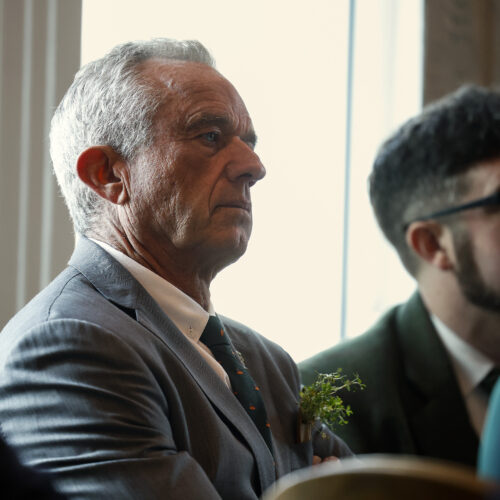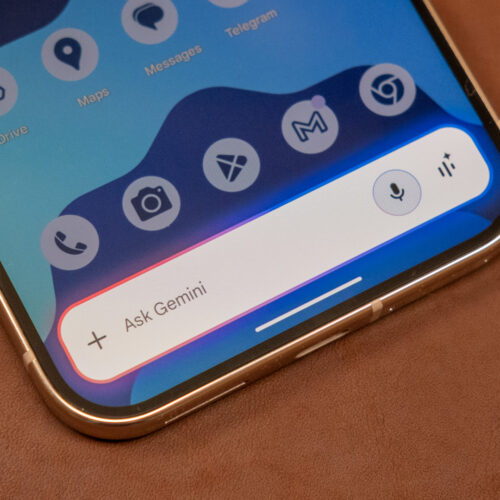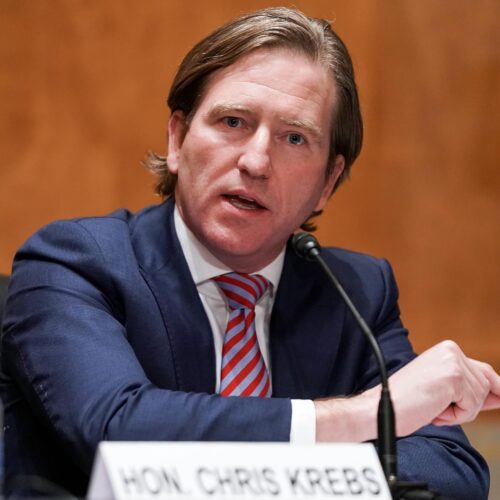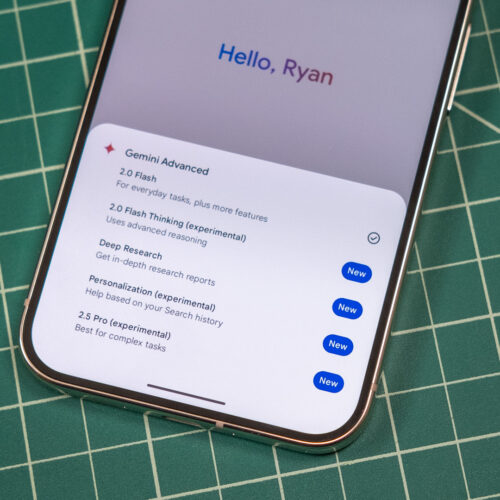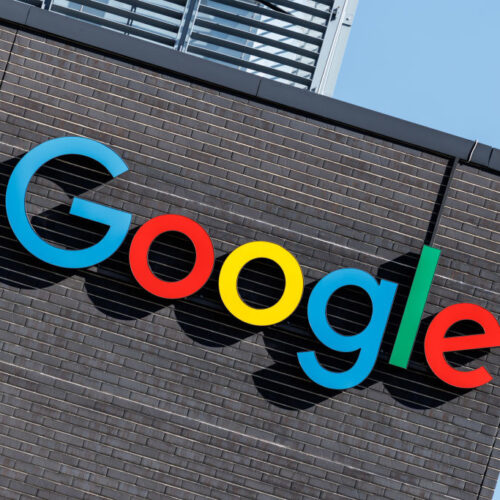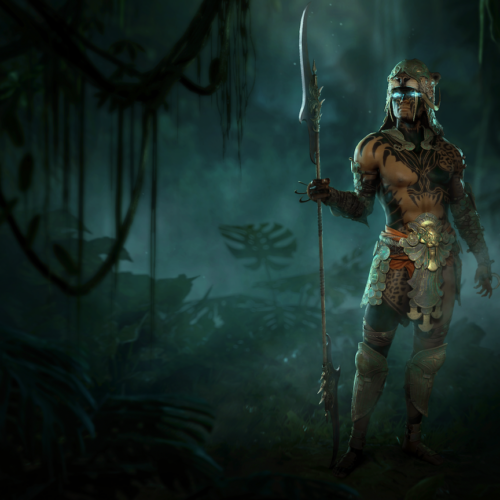There’s a secret reason the Space Force is delaying the next Atlas V launch
Last week, the first operational satellites for Amazon's Project Kuiper broadband network were minutes from launch at Cape Canaveral Space Force Station, Florida.
These spacecraft, buttoned up on top of a United Launch Alliance Atlas V rocket, are the first of more than 3,200 mass-produced satellites Amazon plans to launch over the rest of the decade to deploy the first direct US competitor to SpaceX's Starlink internet network.
However, as is often the case on Florida's Space Coast, bad weather prevented the satellites from launching April 9. No big deal, right? Anyone who pays close attention to the launch industry knows delays are part of the business. A broken component on the rocket, a summertime thunderstorm, or high winds can thwart a launch attempt. Launch companies know this, and the answer is usually to try again the next day.


© SpaceX



